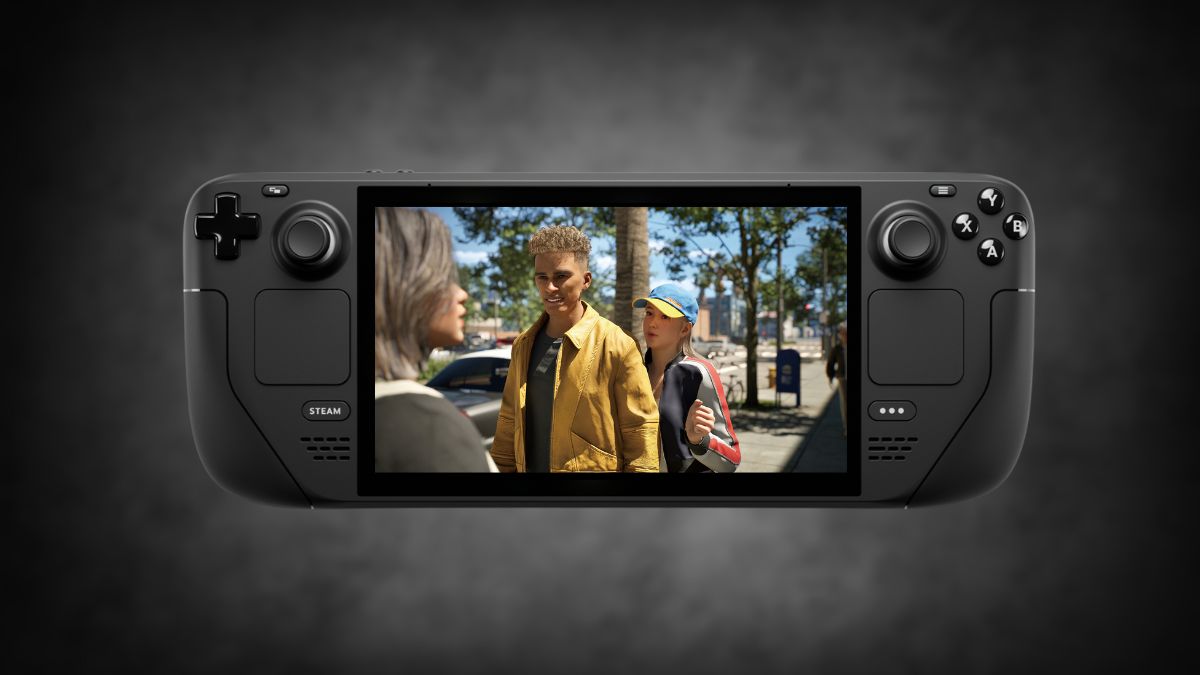Best Steam Deck graphics settings for inZOI – tweaks for optimal performance

Table of Contents
inZOI was one of the most anticipated games of the year. Many players were looking forward to it because of its realistic life simulation and beautiful graphics, almost as an evolution of The Sims. Prior to its launch, the developers said the game would work fine on handhelds, as long as players adjusted the settings.
But after its release, things took a different turn as reviewers started saying that the game ran very poorly on the Steam Deck. Because of this, the developers shared an update on the game’s official Discord server and changed their stance by claiming that inZOI “currently does not support Steam Deck.” However, there’s still hope if you really want to play it on your Deck.
Prime Day is finally here! Find all the biggest tech and PC deals below.
- Sapphire 11348-03-20G Pulse AMD Radeon™ RX 9070 XT Was $779 Now $739
- AMD Ryzen 7 7800X3D 8-Core, 16-Thread Desktop Processor Was $449 Now $341
- ASUS RTX™ 5060 OC Edition Graphics Card Was $379 Now $339
- LG 77-Inch Class OLED evo AI 4K C5 Series Smart TV Was $3,696 Now $2,796
- Intel® Core™ i7-14700K New Gaming Desktop Was $320.99 Now $274
- Lexar 2TB NM1090 w/HeatSink SSD PCIe Gen5x4 NVMe M.2 Was $281.97 Now $214.98
- Apple Watch Series 10 GPS + Cellular 42mm case Smartwatch Was $499.99 Now $379.99
- ASUS ROG Strix G16 (2025) 16" FHD, RTX 5060 gaming laptop Was $1,499.99 Now $1,274.99
- Apple iPad mini (A17 Pro): Apple Intelligence Was $499.99 Now $379.99
*Prices and savings subject to change. Click through to get the current prices.
Recommended Steam Deck settings for inZOI
One of the first performance reviews came from Steam Deck HQ. During their testing, the game experienced frequent black screens and crashes. Without Dynamic Resolution enabled, the framerate dropped to just 10 FPS, making it very difficult to play.
Despite these issues, a recent video by YouTuber Deck Wizard showed that the game could run better than expected with the right settings. Fortunately, Deck Wizard not only showcased gameplay but also shared the exact settings used during testing, which appear to make inZOI more stable on the Steam Deck.
The video also explains how to fix a problem with the game menu and access the settings on Steam Deck – we recommend you follow the video tutorial first if you cannot currently access the menu and/or settings options.
| Graphics setting | Recommended |
|---|---|
| Display Mode | Windowed Fullscreen |
| Dynamic Resolution | On |
| Target FPS | 30 FPS |
| Maximum FPS | 30 FPS |
| Vertical Sync | On |
| Depth of Field | Off |
| Motion Blur | Off |
| Ray Tracing | Off |
| Anti-Aliasing Mode | TSR |
According to Deck Wizard, the first step is to enable Dynamic Resolution and set the target FPS to 30. The maximum FPS should also be capped at 30 to maintain consistent performance. On top of that, several features that can impact performance should be disabled, including Depth of Field, Motion Blur, and Ray Tracing. Next, users should select the “Custom” preset in the graphics settings menu, and everything under this preset should be manually changed to “Very Low” or “Off,” with Anti-Aliasing Mode set to TSR.
By using the settings mentioned above, Deck Wizard was able to get an average framerate of around 30 FPS. While the gameplay footage showed occasional stutters and lag, the game remained mostly stable. At the moment, this configuration appears to be the most reliable way to run inZOI on the Steam Deck.
Players hoping for a flawless handheld experience will likely be disappointed, but for those willing to accept some performance issues, these settings should provide the best experience. We also recently spotted a Frame Generation mod for inZOI which works on “any GPU” – we cannot confirm whether it works on Steam Deck, but it involves just a couple of tweaks in the user settings config file, which the video above shows you how to find.

